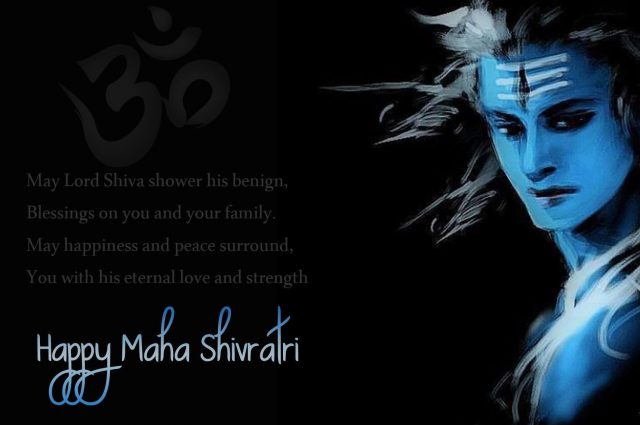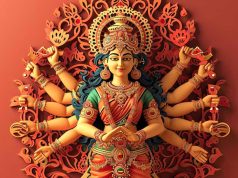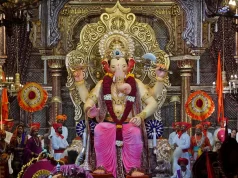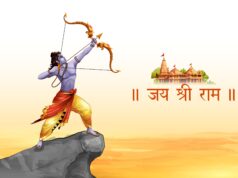Maha Shivratri: It is an auspicious festival which is also known as the ‘Great night of Lord Shiva’ and is celebrated in several forms. Do you know the origin of Maha Shivratri and its significance? Take a look!
Maha Shivratri Meaning:
It is one of the most auspicious festivals of Hindus which is celebrated by devotees with lots of fervour and aplomb. This year it is celebrated on 1 March (Tuesday). According to Drik Panchang, the festival falls on the Chaturdashi Tithi during Krishna Paksha in the month of Magha. On this day devotees do fasting, rudra abhishek, and worship Lord Shiva to seek his blessings.
It is said that Shivratri is the amalgamation of two strong forces in the universe is Shiva and Goddess Shakti. Shiva is known as the God of death and Goddess Shakti as a power that vanishes evil powers.
Maha Shivratri History:
According to Puranas several stories and legends describe the origin of the Shivratri festival.
One story says, during Samudra Manthan, a pot emerged from the ocean which consists of poison. All the Gods and demons were terrified that this will destroy the entire world and so, Gods ran to Lord Shiva for help. To protect the entire world from the evil effects, Shiva drank the entire poison and held it in his throat instead of swallowing it. Due to this, his throat becomes blue and so he is also known as Neelakantha. Shivratri is celebrated as an event due to which Shiva saved the world.
Another story that is mentioned in the Shiv Purana is: Once upon a time Brahma and Vishnu were fighting among themselves that who is superior among the two. Other Gods were terrified and so they went to Lord Shiva to intervene in the war. To make them realise the futility of their fight, Shiva took the form of a massive fire that spread across the length of the universe. By seeing the magnitude, both the Gods decided to find one end each to establish supremacy over the other. So, for this Brahma assumed the form of a swan and went upwards on the other hand Vishnu assumed as Varaha and went into the earth. But the fire has no limit and they searched thousands of miles but couldn’t find the end. On the journey upwards, Brahma came across a Ketaki flower. He asked Ketaki from where she had come; Ketaki replied that she had been placed at the top of the fiery column as an offering. Brahma could not find the upper limit and took the flower as a witness and came.
At this, Shiva revealed the true form and became angry. Brahma did not find the uppermost limit and told lie. So, he was punished by Shiva for telling a lie and cursed that no one will pray for him. Even the Ketaki flower was banned from being used as an offering for any worship. Since it was on the 14th day in the dark half month of Phalguna when Shiva first manifested himself in the form of a Linga, the day is especially auspicious and is celebrated as Maha Shivratri. Worshipping Shiva on this day is believed to bestow one with happiness and prosperity.
According to another popular legend, Shiva granted Goddess Paravati, an avatar of Shakti, and wished to marry him as he was impressed by her devotion. On a moonless night, the goddess observed fast for his good health after their marriage. Today also, this ritual is followed by an Indian woman who prays for the long life of their husband.
Maha Shivratri is observed in several states of India like Uttarakhand, Rajasthan, Uttar Pradesh, Madhya Pradesh, Punjab, Himachal Pradesh, and Bihar.
It is celebrated as the anniversary of Lord Shiva and Goddess Parvati. It is also celebrated as a day when Shiva saved the world from the pot of poison. And also, this day marks when Brahma and Vishnu got involved in an argument about their supremacy.
Maha Shivratri Significance:
Followers and devotees of Shiva observe special puja, perform fast in several temples of Shiva across the world. They offer milk to the Shivling and pray for moksha. Several devotees pray the whole night, chant mantras in praise of Lord Shiva. Women pray to be blessed with a good husband and a happy married life. On this day, in various temples fairs and cultural programmes are organised.
It is also believed that those people who perform puja, fast, and offer prayers to Lord Shiva blessed with good luck.













